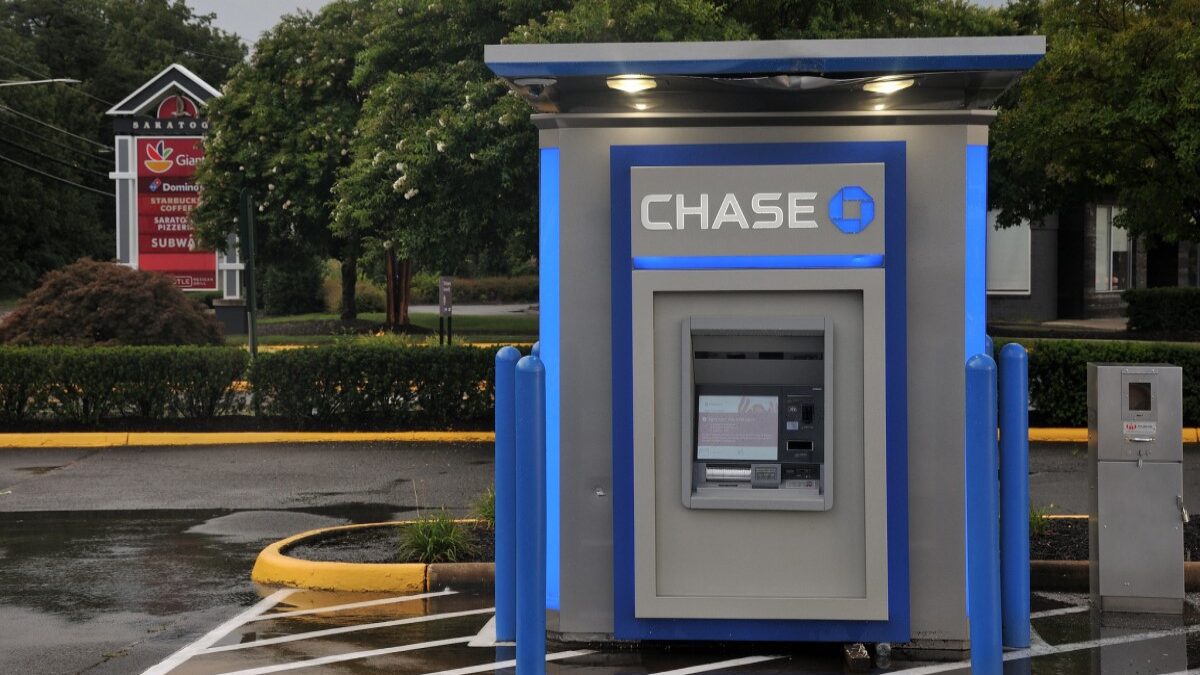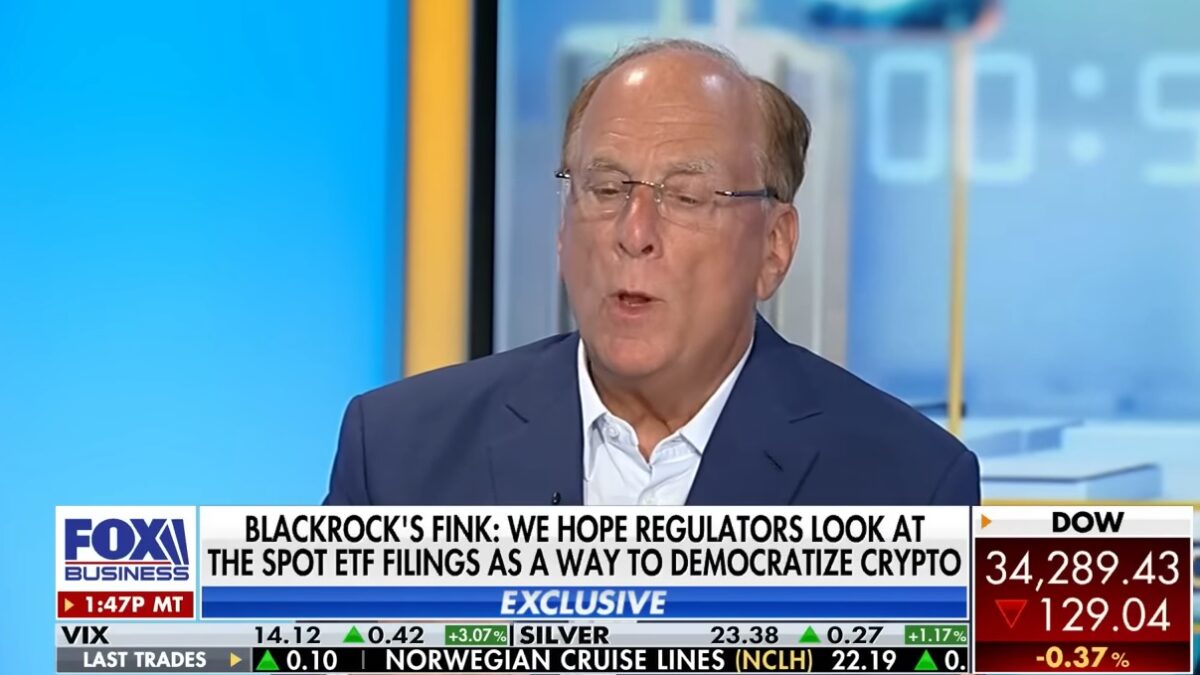
The Treasury Department recently released the first of what is sure to be many reports aimed at deregulating financial markets. Supporters of the free market and entrepreneurship should welcome these efforts, especially the reforms to the rules governing crowdfunding.
One of the greatest innovations of the Internet has been connecting entrepreneurs to potential investors. Websites like Kickstarter and Indiegogo revolutionized the fundraising process for budding entrepreneurs, designers, and artists. Previously, the only realistic route for these entrepreneurs was to solicit limited funds from friends, family, and their local community. Either you hit it big or your projects quickly fizzled out. Today, many successful music and film projects have been funded through crowdfunding vehicles.
Even more interesting is the development of equity crowdfunding to finance retail and business ventures. Browse websites like Crowdfunder.com and you’ll see everything from microbreweries to tech firms, all willing to exchange shares for capital. It’s all just another way in which the sharing economy is disrupting established markets. Think Uber, but for finance.
But in the wake of the worst financial crisis since the Great Depression, the government apprehensively passed the Jobs Act of 2012. While it opened the market to some investors, it placed overly burdensome regulations on equity crowdfunding. Congress set fundraising caps of $1 million and still required small startups to provide an unworkable amount of disclosures. These restrictions, meant to minimize risk to the investor, came at an enormous cost to the entrepreneur. Many of the new reforms proposed by the Treasury Department aim to reverse these effects, freeing the entrepreneur to innovate while still safeguarding potential investors.
How the Changes Will Help
Raising fundraising caps from $1 million to $5 million will “allow companies to lower the offering costs per dollar raised.” Raising these caps will also allow costlier but potentially successful projects to get off the ground faster. In addition, raising the maximum revenue requirement from $25 to $100 million will allow startups to remain private until they are ready to go public, not when the government says they are ready.
To balance investor security with the regulatory cost on startups, the Treasury recommends allowing crowdfunding vehicles if advised by a registered investment advisor. Working through a single RIA would limit concerns about “vehicles having an unwieldy number of shareholders and tripping SEC registration thresholds” but could present potential conflicts of interest between the advisor, issuer, and other potential investors.
The Treasury kicks this issue down the road a bit, but “recommends that any rulemaking in this area prioritize alignment of interests between the lead investor and the other investors participating in the vehicle” and would include “regular dissemination of information from the issuer.”
Overall, these reforms will lower the regulatory burden on entrepreneurs and allow them to do what they do best. No engineer, creator, or designer starts his or her own business and is excited, yet alone prepared, to file compliance disclosures for the SEC.
Allegations of Fraud Aren’t Accurate
Some will argue that scaling back these regulations will result in crowdfunding websites dominated by bad or even fraudulent projects. Investors could be tricked by fantasy projects like the infamous human gills project. But after speaking to market participants, the Treasury Department actually found the opposite to be true.
Burdensome regulation on equity crowdfunding adversely limits entrepreneurial projects and either dooms potential successes from ever getting off the ground or forces them to choose private placement offerings through banks or mutual funds. This in effect leads the projects rejected by accredited investors to prey on the less informed.
By loosening these restrictions, more startups will choose crowdfunding to finance their projects, still subject to professional scrutiny but available to millions of more investors. While bad actors may be able to trick a handful of investors, it will be much harder to fool millions of self-interested people investing a significant chunk of their hard-earned cash. The results will boost economic opportunity for the entrepreneur, investor and consumer.
These reforms will especially benefit the next generation of entrepreneurs. According to “Art of the Kickstart,” 64 percent of Kickstart and 59 percent of Indiegogo users are 34 or younger. Business-savvy millennials ahead of the curve will look for their additional capital in the expanding equity crowdfunding channels, especially if market players are able to invest more in exciting projects. In addition, the Treasury is taking a second look at what makes an accredited investor. If the definition expands, we will see more millennials meet the requirements sooner and have more power in deciding in which projects to invest.
All of these reforms to crowdfunding regulations are exciting to consumers and lovers of the next big thing. They also harness the best parts of the free market system: creativity, honesty, and opportunity. Clearly, this administration has made kickstarting our economy and regulatory reform a top priority, and such reforms should be welcomed and embraced.









